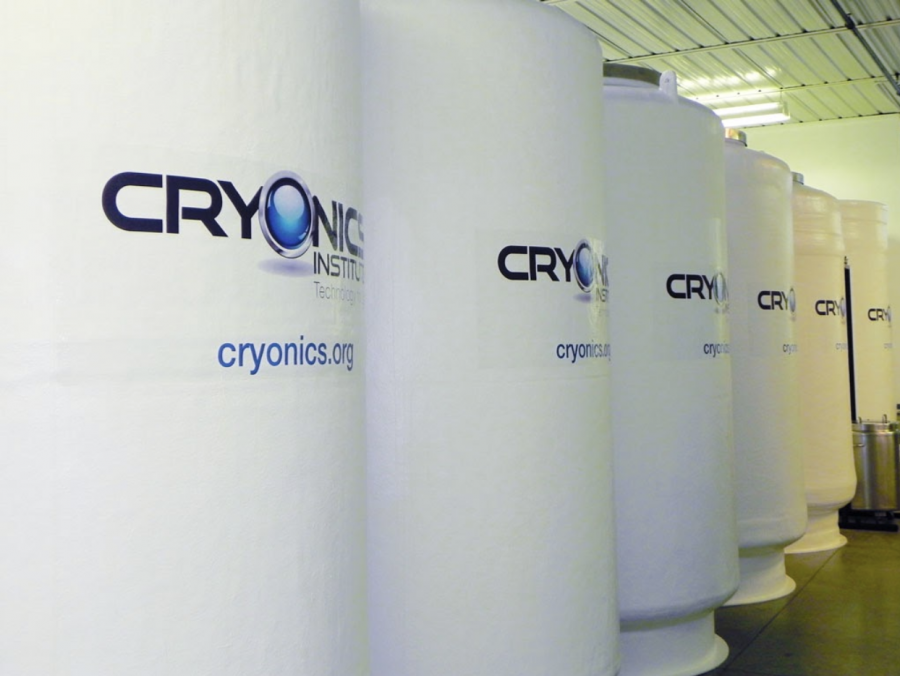The Modern Zombie
By: Tara Subramaniam
In the new age of the Walking Dead, World War Z, and Scooby-Doo on Zombie Island, we seem to have a desire to live longer–even if it means rising from the dead. Just picture it–a future world with flying cars, walking robots, and human cloning! What if we could make this desire a reality? What if we could be the modern zombie?
Around the globe, major companies have been investing in life-extending research. Some of the most interesting research being cryonics. While it might not be well known, cryonics is the science of freezing people after clinical death in the hope of reviving them in the future.
The question is, how are humans going to be revived? Well, scientists are already on track to accomplish that supposedly “far-fetched” goal. In just April of 2019, scientists at Yale revived pig brains! The pig brains were dead for four hours before the researchers infused them with a solution. This advancement in the field of cryonics is just one step closer to the goal of reviving people from the dead.
One Forbes article from July of 2019 discusses the moral and ethical dilemmas that scientists with the technology might face. For instance, what if Dr. Bedford, the first person to ever be cryogenized, carried a disease that we would not be prepared for in today’s world? On top of that, Dr. Bedford would have to completely adapt to technology, new social norms, and so much more.
How does the community at Lincoln feel about cryonics? A poll showed that out of 26 people, 42.3% wanted to donate their bodies to science and 23.1% of people wanted to be cremated, and nobody wanted to be cryogenized.
The reason isn’t because of unfamiliarity with cryonics. The poll showed that 73.1% of the people who took the poll knew about cryonics before the survey. So what about cryonics makes it so unfavorable?
Lori Leiberman, teacher librarian at Lincoln High school states, “I don’t want to be someone who, where they’re trying to freeze me, [the] the power goes out. I read the book “Stiff” by Mary Roach and it has a big long chapter about all the failed cryonics…I guess low impact, that’s what I’m looking for…the most low impact [would be] to be cremated.”
Though with more and more advancements in science, cryonics has an amazing future ahead. Lea Edgison, a sophomore at Lincoln high school states, “I feel like [cryonics] would be really cool to be able to preserve people’s bodies.”
The future of cryonics remains unclear as scientists continue to explore new possibilities. The potential advancements could change the world, but for now, humanity will have to wait.

